Dhaka, Dec 27 (V7N) — Chief Advisor to the interim government, Professor Dr. Muhammad Yunus, has proposed lowering the voting age to 17 to empower young people to contribute to shaping the country's future. Speaking via video message at the inauguration of the two-day National Dialogue-2024, organized by the Forum for Bangladesh Studies at the Krishibid Institution in Farmgate, Dr. Yunus emphasized the importance of youth participation in the democratic process.
“Young people are large in number and deeply invested in the country’s future. To ensure their opinions are considered in decisions shaping their lives, I believe the voting age should be set at 17,” said Dr. Yunus.
He explained that the Election Reform Commission would assess the appropriate voting age as part of broader electoral reforms. “Different countries have different age thresholds for voting eligibility. The commission will make recommendations, and while the decision may or may not align with my preference, I will support the age chosen through national consensus,” he added.
Highlighting the energy and enthusiasm of the younger generation, Dr. Yunus said, “The younger they are, the more interested they are in change. Their engagement with information technology gives them unique perspectives and capabilities to drive transformation.”
Addressing the broader need for unity and reform, he urged political, social, economic, business, and religious communities to actively participate in the process. “The historical responsibility of reform rests on all of us. Unity is our greatest strength, and through it, we can build a stronger Bangladesh,” he said.
Dr. Yunus also referenced the July Uprising, calling it a turning point that gave Bangladesh the confidence to dream bigger and speak with a stronger voice. He expressed optimism about achieving consensus on critical national issues through collective effort and dialogue.
The National Dialogue-2024 aims to foster discussions on reforms and strategies for Bangladesh’s future, with participation from experts, policymakers, and youth representatives.
END/MSS/AJ



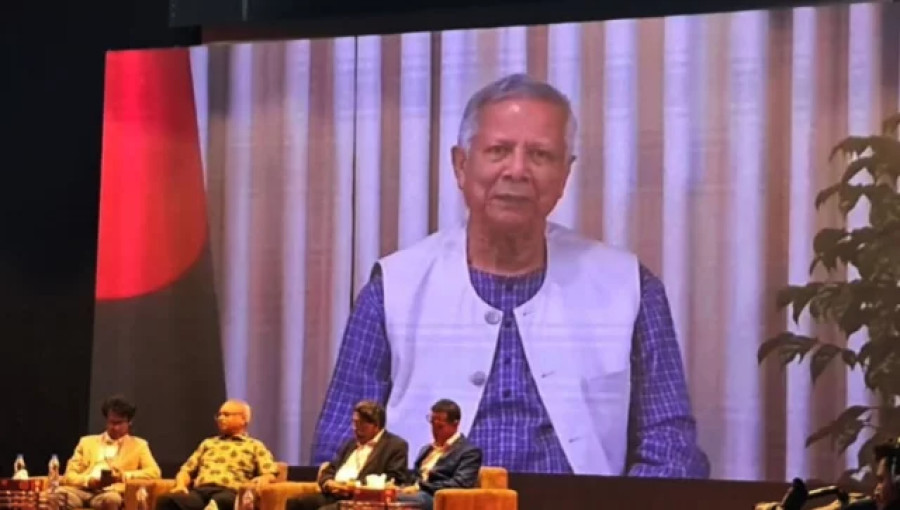
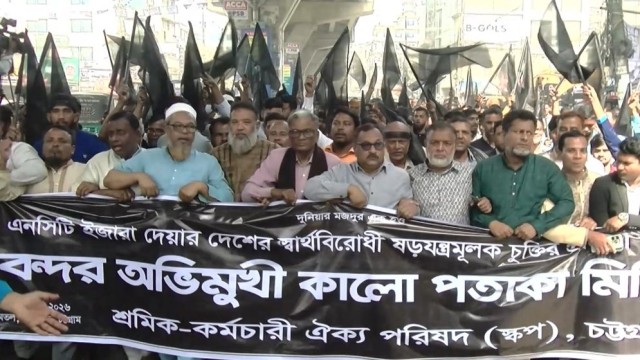
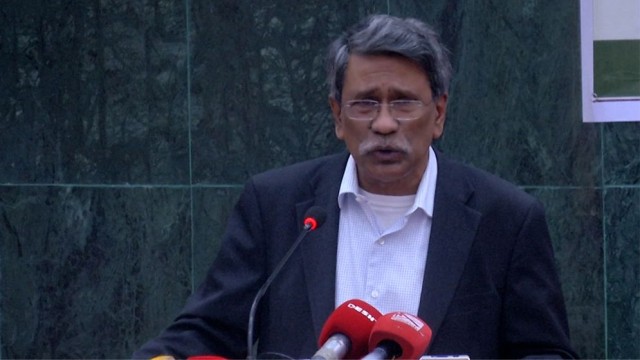
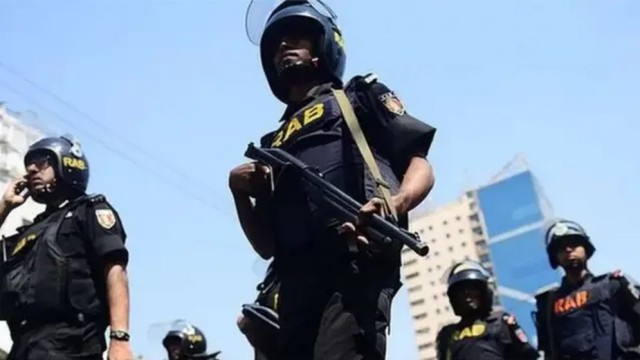
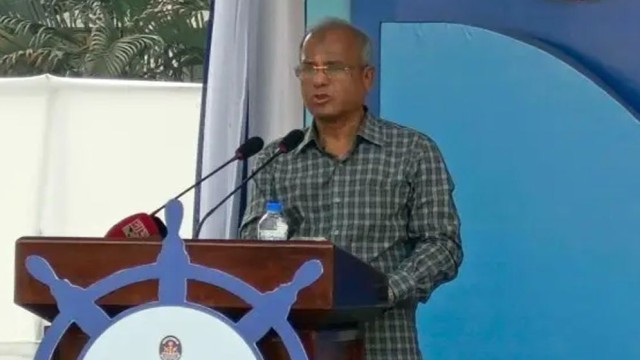
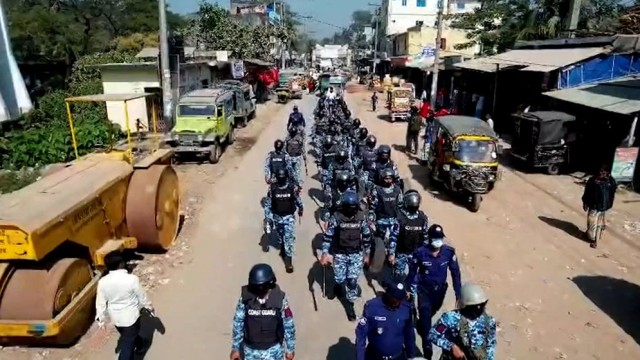

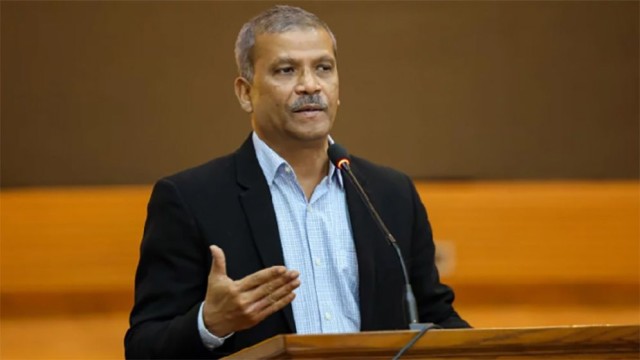
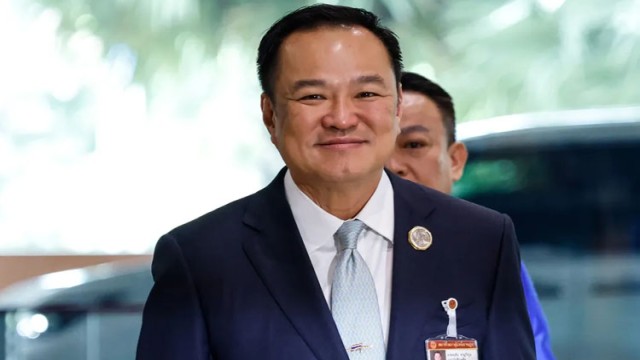
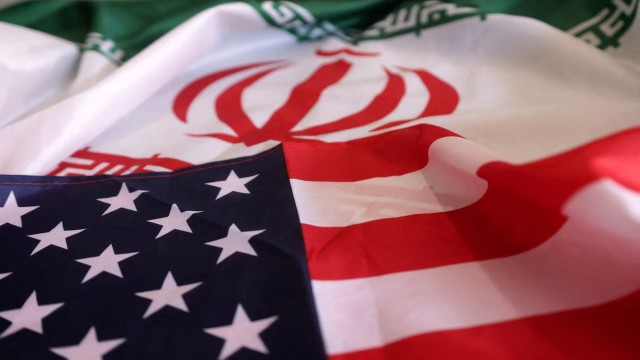
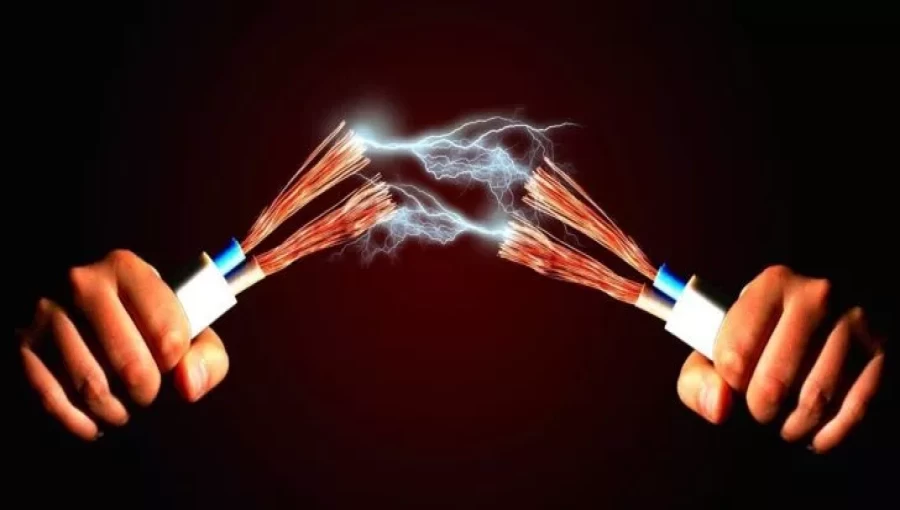
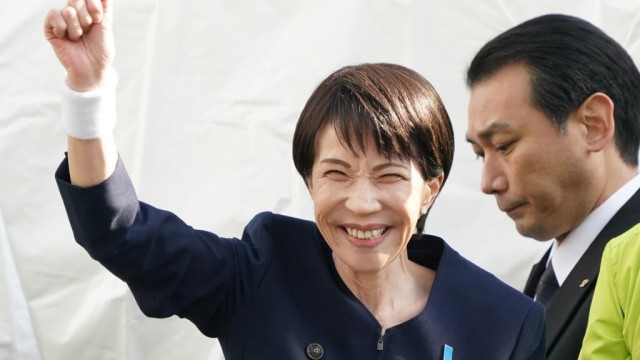



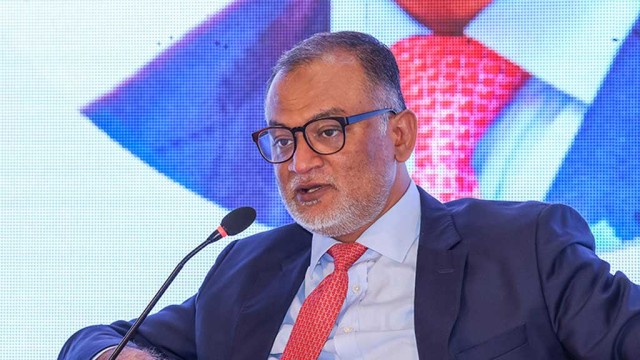












Comment: